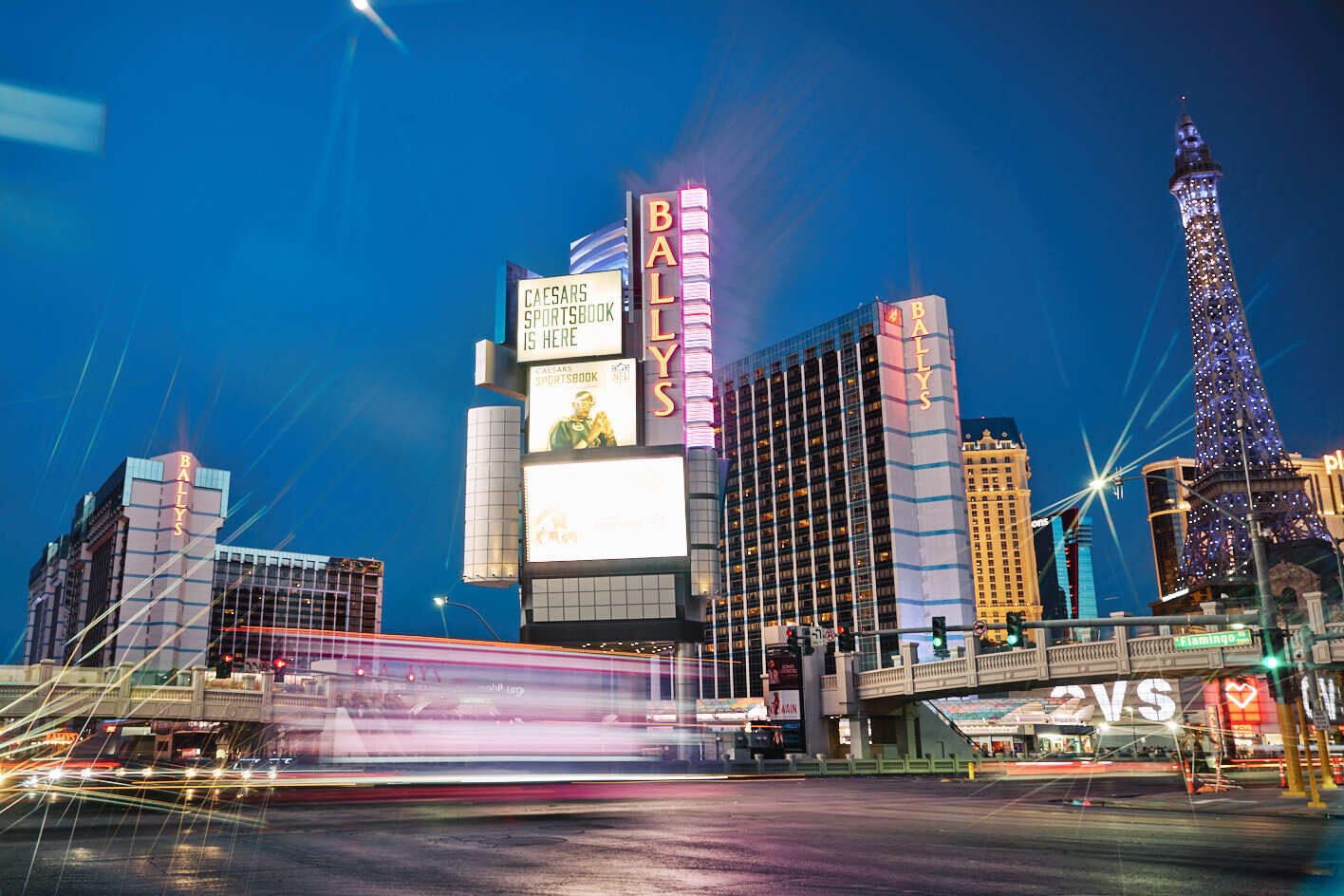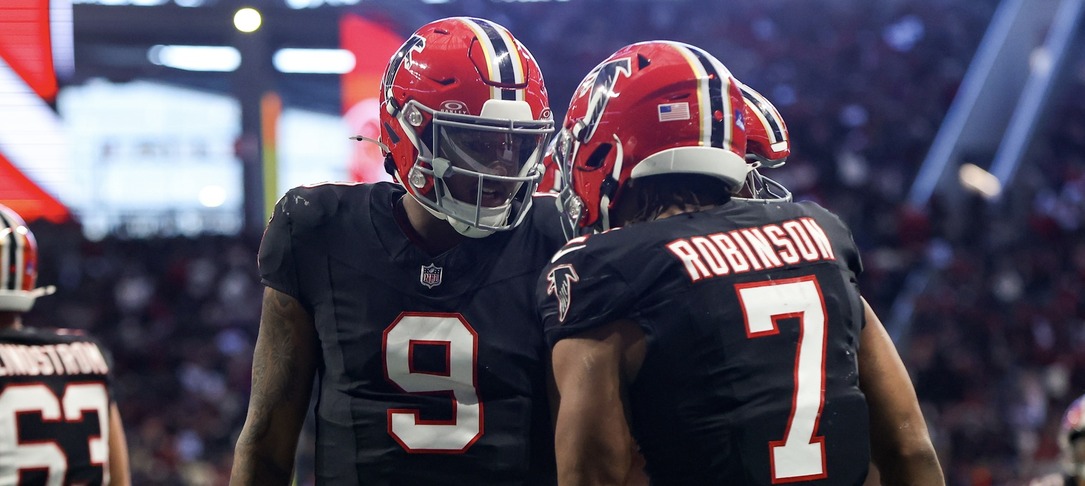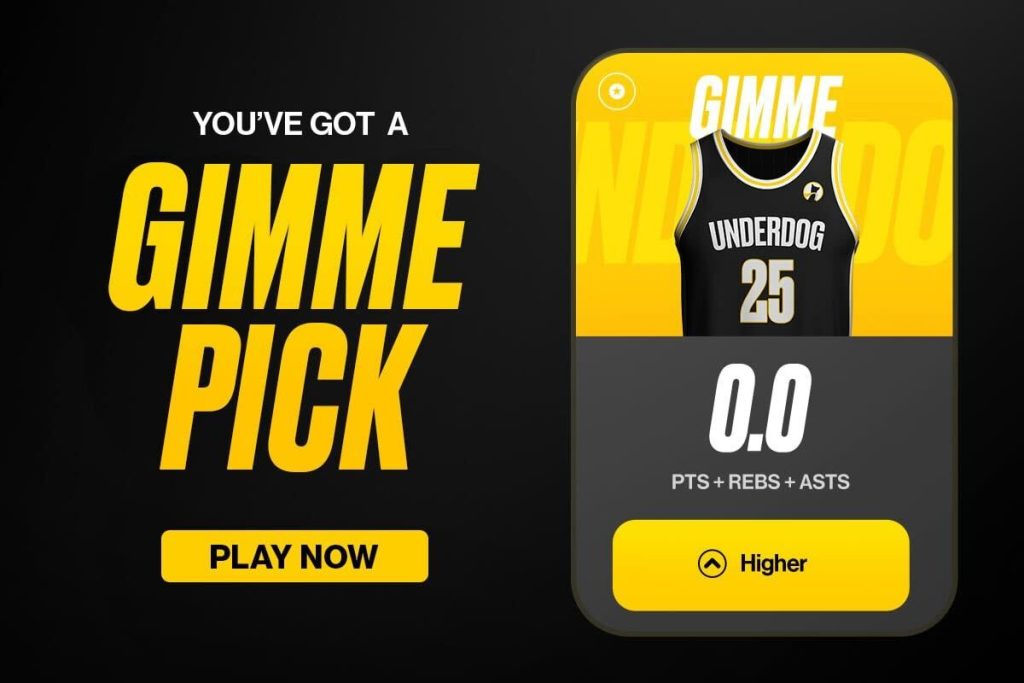When it comes to the U.S. online gambling industry, the conventional wisdom is online poker is the past, sports betting is the present, and online casino is the future.
While there is a lot of truth to that perspective, it’s perhaps oversimplified.
A more nuanced view of the online gambling landscape would point to online poker’s best days in the rearview mirror but still having a significant role to play moving forward. To put it in movie terms, poker is neither the lead nor is it a bit extra; it’s a solid supporting character, evidenced by online poker creeping back out of the shadows last year.
From a very successful 2022 World Series of Poker online tournament series to Michigan joining the Multi-State Internet Gaming Association (MSIGA) to the acquisitions of Run It Once Poker by Rush Street Interactive and Pala Interactive by Boyd Gaming, Poker has been making some waves in the US.
The acquisitions point to a renewed interest in possessing competitive online poker products.
The Current Landscape
There’s no argument that the U.S. online gambling space is driven by sports betting following the Supreme Court’s repeal of the Professional and Amateur Sports Protection Act (PASPA) in May 2018.
In the four years since the PASPA decision, sports betting has been legalized in some three dozen U.S. locales, and online betting in nearly two dozen. Compare that to the six online casino states and seven online poker states (two of which haven’t launched online poker sites). Despite casino and poker legalization efforts predating sports betting by more than five years.
From a financial standpoint, online casino’s struggles are hard to understand, considering it outperforms sports betting in markets where the two products coexist. The difference appears to be acceptance. Sports betting is (somewhat inexplicably) the more palatable product to lawmakers.
Poker’s lag is understandable, as the vertical produces a fraction of online casino or sports betting revenue, amounting to a revenue rounding error in states that have legalized the activity. But like sports betting, poker doesn’t have casino gambling’s stigma.
Poker, Poker, Poker
That said, poker is a shell of what it used to be, not because of interest but because of the changing regulatory environment. In the mid-2000s, we saw the potential of unbridled access to online poker. Online poker was a huge industry (with an estimated 3 million active online accounts in the US and $1.4 billion in operator revenue in 2008). It drove land-based casino visitation and advertising, as poker offers one of the few gambling products capable of creating compelling television.
Further, online poker was an active on-ramp for new players rather than pulling brick-and-mortar players online (which many believe would be the case). The number of land-based poker rooms, tables, and revenue reached all-time highs during the height of the online poker era.
And then there were the tournaments, with online poker acting as a funnel that drove attendance at local casinos and far-flung locales like the Bahamas and Monte Carlo.
There were also dozens of poker-related shows and programming and a barrage of advertisements that provided a continuous funnel of money into the economy.
What does that have to do with the situation in 2022?
Let’s Talk Acquisition
Another factor rarely discussed is online poker as an acquisition channel.
Online poker provides operators with access to a new, cheaper-to-acquire demographic. That gives operators cross-sell opportunities for their online casino and sports betting products.
Modern market constraints (regulation and ring-fenced markets) make a return to the poker boom near-impossible. However, the opportunities are still massive should the US make interstate or international player pooling a reality. In such a scenario, online poker revenues would still lag casino and sports, but the topline number would no longer be insignificant. Furthermore, operators could leverage a new customer base and cross-sell sports and casino to online poker players.
As former 888 head of commercial development, Yaniv Sherman, put it, there is a lot of value in being a “triple threat” in the online gambling space.
Until online poker and online casino are legal, sports betting revenue won’t live up to its full potential.
Convincing Lawmakers
The hurdle is selling casino and poker as products that deserve and require legalization.
Online poker legalization has been as anathema as online casinos in statehouses, but for very different reasons.
Online casinos are huge money makers with a considerable stigma, and with states flush with federal cash, money hasn’t been an issue. On the other hand, poker is accepted as a skillful form of gambling that doesn’t produce a lot of revenue.
But because poker will never rival sports or casino, the pitch to lawmakers can’t be financial. Even though the US online poker landscape (provided the current barriers around interstate pooling are removed) will far outperform Europe, where online poker is a small piece of the online gambling pie, the pitch must be from a consumer protection standpoint.
Lawmakers need convincing that, like sports betting, poker players are at the mercy of offshore operators and the only option is legalization and regulation. The tax revenue it provides is a nice bonus.
The Haves and Have Nots
But there is a problem.
Because it’s such a small piece of the online gambling market, companies haven’t invested in their online poker products, which gives the handful of operators that have invested in their online poker products a huge advantage going forward.
That very few operators are positioned to compete in the online poker space is problematic. Some operators will want it legalized, and others won’t (because they can’t compete), which means sending mixed signals to lawmakers.
One hope for poker players is that everyone jumps on the casino bandwagon, and poker gets dragged along.






